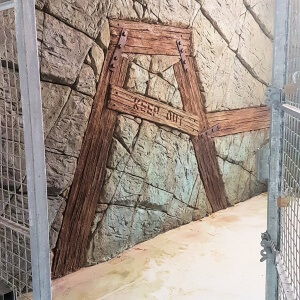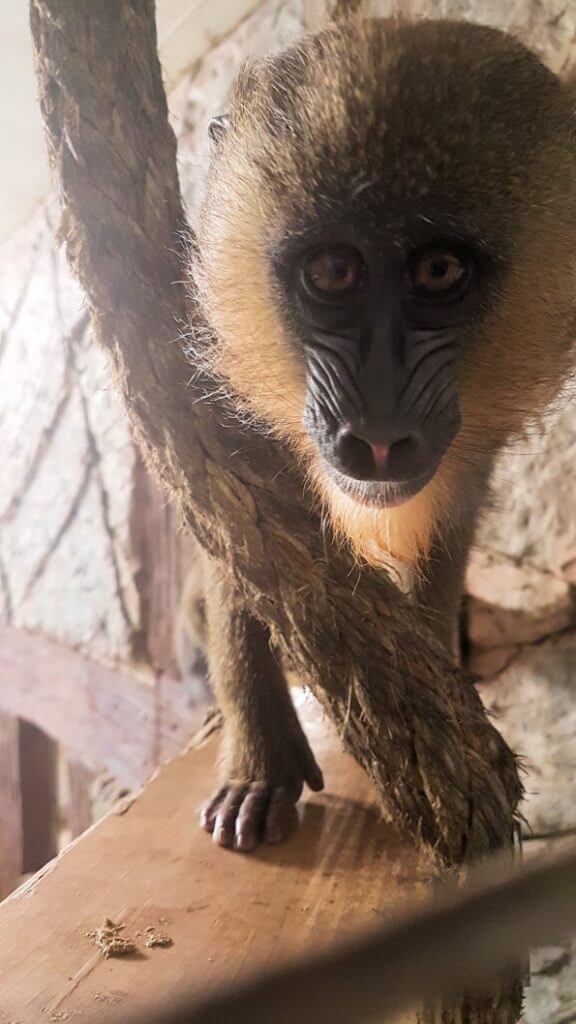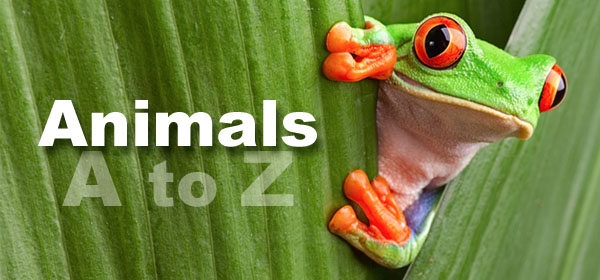There are plenty of ways in which you are able to recycle a mobile phone, whether it be sorting it properly when taking it to your local recycling centre, sending it off to a recycling company or bringing it to us at Wingham Wildlife Park where we are able to exchange old mobile phones for funding towards our Wingham Wildlife Park Animal Welfare, a registered charity. This is the first way in which your recycled phone could go towards helping save lives. WWPAW carry out work both locally and abroad to help animals in need. One of these projects is based in Uganda where funds raised by WWPAW and the Emory university in the USA support a project in conjunction with the Population Sustainability Network, which we hope will have a long term positive impact on wild chimpanzees, through helping the local communities around the Bwindi Impenetrable Forest National Park.
If you would like to recycle your phones through us and help us continue to support this great project, all you need to do is clear all of your data off and drop them off in reception or stick them in the mail to us (we don’t need any packaging or chargers). Every phone helps a little bit! Even old mobile phones can be sent off to these centres where, even though you may not get any money for them, they will still be recycled in the proper manner.
You might be asking yourselves why we need to recycle phones which don’t earn any money? Recycling has a huge impact on our planet and it is something which we are passionate about. At the park you may have noticed that we just have 1 type of bin. We have found in the past that sometimes letting people sort their own recycling can cause confusion and still need sorting to get rid of contaminants. As such we made life easier by using a more costly service which allows us to separate our card board but keep everything else together and have it sorted locally, with 0% going to land fill!
Mobile phones contain a lot of plastic and chemicals which can damage the soil and atmosphere in landfill areas… But there is no need for them to end up there! All of the plastics in mobile phones can be melted down to produce new plastic products to be used in new mobile phones and other products. Many of the components in mobile phones are made with some level of precious metals or other minerals such as copper, gold, silver and coltan. If we can extract these from your old phones, there is no need to dig up the earth to find more. Many of these metals are also sold on to other industries after being recycled, such as jewelry manufacturing.

We have recently changed the indoor housing in our mandrill exhibit to make it a little more engaging to look at (for visitors and the mandrills alike), and decided to go for a mine style. The mines in Africa which are created to look for these minerals do not look like the rock mines which you often see in movies (which our design is based on), however it was important for us to allow people to make a quick connection between the mandrill exhibit and mining. But why?
 The mandrill is a beautiful animal, which is vulnerable in the wild. This is particularly so in the Democratic Republic of Congo which also happens to be the worlds biggest supplier of coltan and one of the biggest suppliers of copper. Sadly the people who work in these mines (which in reality are more like huge mud pits) are incredibly poor (especially compared to the people who run them). As such they often need to rely on local sources of food, with bush meat playing a big part in this type of diet… One of the biggest threats to mandrills. This is of course besides the biggest threat caused by mining, which are the mines themselves. Large barren wastelands which take over prime habitat for many species.
The mandrill is a beautiful animal, which is vulnerable in the wild. This is particularly so in the Democratic Republic of Congo which also happens to be the worlds biggest supplier of coltan and one of the biggest suppliers of copper. Sadly the people who work in these mines (which in reality are more like huge mud pits) are incredibly poor (especially compared to the people who run them). As such they often need to rely on local sources of food, with bush meat playing a big part in this type of diet… One of the biggest threats to mandrills. This is of course besides the biggest threat caused by mining, which are the mines themselves. Large barren wastelands which take over prime habitat for many species.
By recycling your mobile phones you could help us to conserve chimpanzees, help keep toxic materials out of landfill sites, help eliminate the need for landfill sites and decrease the need to metals which are destroying the lives and homes of mandrills (and many more species) in the wilds of Africa.
When you get a new phone for Christmas this year, please think carefully about what you wish to do with the old one!


